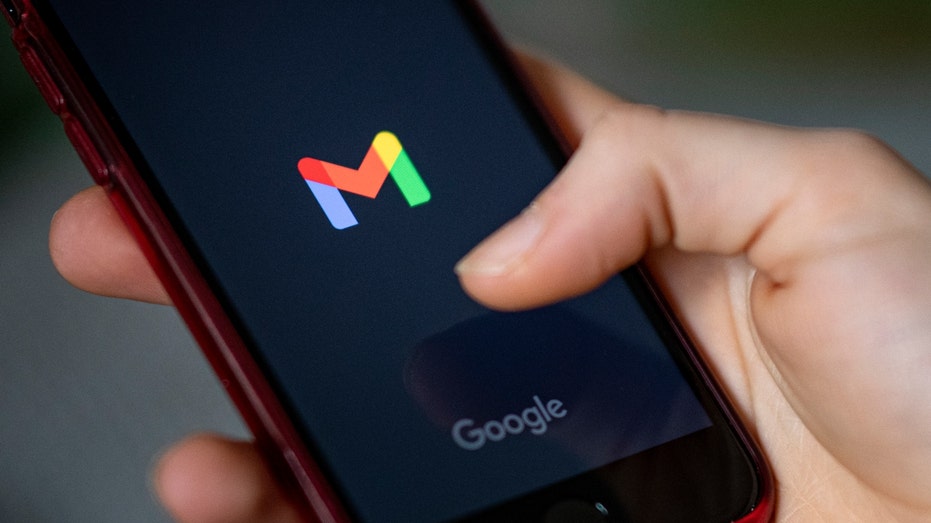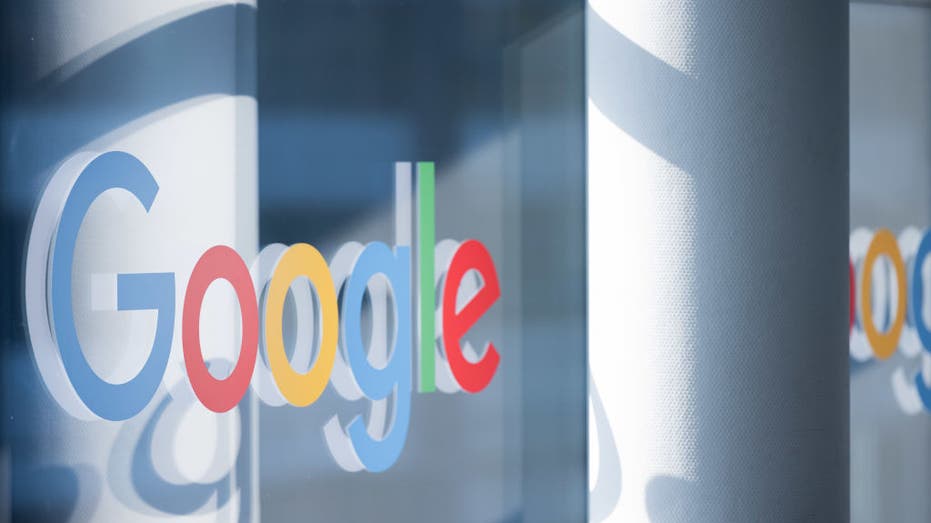Google starts offering no-password log in feature
The passkey feature became available Wednesday
Pete Pachal weighs in on issues surrounding Google's AI chatbot Bard
Tech analyst and Coindesk Chief of Staff of Content Pete Pachal discusses Google's Bard and the scrutiny facing the search engine's A.I. chatbot.
Individuals with Google Accounts can use a new feature to log in sans a password.
That can happen now that Alphabet-owned Google has added passkeys as a password-free option for users. They can be implemented for personal Google Accounts, according to Google Security Blog post.
Access to the feature started as of Wednesday, giving users a new option over a password or two-step verification.

FILE - A sign is shown on a Google building at their campus in Mountain View, Calif., Sept. 24, 2019. Google is girding for a battle of wits in artificial intelligence with "Bard," a conversational service apparently aimed at countering the popularit (AP Photo/Jeff Chiu, File / AP Newsroom)
Google Account holders can make using their fingerprint, face recognition or a local PIN to unlock their device a method for logging in when using passkeys, per the blog post. The company said they help keep users safe from "phishing and any accidental handling that passwords are prone to, such as being reused or exposed in a data breach."
| Ticker | Security | Last | Change | Change % |
|---|---|---|---|---|
| GOOGL | ALPHABET INC. | 322.86 | -8.39 | -2.53% |
APPLE AND GOOGLE HIT BACK AT AIRTAG STALKING WITH NEW PROPOSED INDUSTRY SPECIFICATION
Storage of the passkey takes place on a user’s device, according to Google.
The company noted that passkeys are "still new and it will take some time before they work everywhere." In the meantime, plugging in a password or using another log-in method will stick around for personal Google Accounts.

ILLUSTRATION - 24 April 2021, Berlin: The logo of the app Gmail is seen on the screen of a smartphone. Google parent Alphabet announces Q1 figures on 27/04/2021. ((Photo by Fabian Sommer/picture alliance via Getty Images) / Getty Images)
Passkeys should not be made for shared devices, Google said.
GOOGLE, MICROSOFT BOTH TOUT AI ADVANCES TO IMPROVE SEARCH
The tech giant described the feature’s implementation as a "big step in a cross-industry effort that we helped start more than 10 years ago." Android and Google’s browser, Chrome, got it in 2022.

Lettering with the logo of Google is stuck on a glass pane in the press center. (Rolf Vennenbernd/picture alliance via Getty Images / Getty Images)
Steps to boost usage of the technology have also been taken by Apple and Microsoft.
| Ticker | Security | Last | Change | Change % |
|---|---|---|---|---|
| AAPL | APPLE INC. | 278.12 | +2.21 | +0.80% |
| MSFT | MICROSOFT CORP. | 401.14 | +7.47 | +1.90% |
GOOGLE UNVEILS NEW BARD AI CAPABILITIES FOR CODING
Google also noted a security benefit of passkey technology being relatively new: it is able to "pay closer attention to the sign-ins that fall back to passwords." It said it will look at those more and more in the future.




















